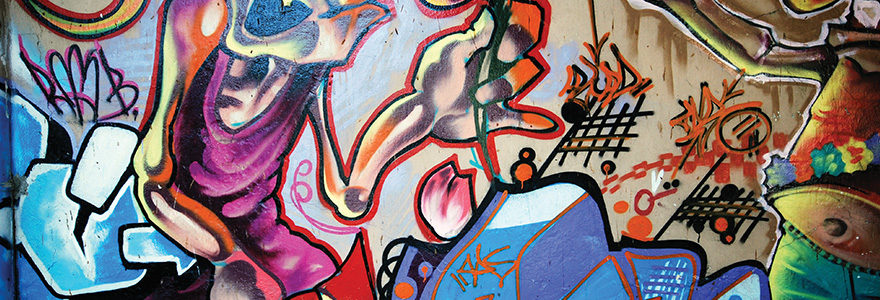Programs
Contact
For all FIMS undergraduate-related inquiries, including booking appointments, please contact:
Undergraduate Student Services
macs@uwo.ca
519-661-3542
MIT Goals & Objectives

Goals
The goal of the Media, Information and Technoculture (MIT) program is to offer critical, interdisciplinary analysis of the institutions, practices, and cultural meanings associated with technologies of communication, information, knowledge, learning, and entertainment.The perspective of the program is critical, creative, and cross-disciplinary:
- Critical in that it not only rigorously examines the strengths of our society's technology and communication systems but also uncovers their crises, conflicts and structures of control.
- Creative in that it pays attention to emerging cultural values, practices and institutions within the spheres of media, technology, and information.
- Cross-disciplinary in that it brings to bear on these issues a variety of theoretical perspectives, including those from cultural studies, political economy, history, psychology, education, journalism, computer science, design, law, and information science.
Objectives
As a student in the MIT three-year or four-year program, you will:- Gain an understanding of the practical, theoretical, historical, social and cultural contexts of media, information, and technology
- Become aware of information as a resource, understand the range of information sources available in an area of interest, and be able to find, retrieve, and critically evaluate information and information resources
- Learn how the media of information, communication, news and entertainment are related to culture, ideology, and identity formation
- Explore cultural responses to technology, the forms they may take and the way relations between humans and technology create different kinds of cultures or "technocultures"
- Examine patterns of thought, cognition, interaction, culture, or power embodied in the design and use of information technologies
- Gain an understanding of the processes and institutions involved in creating and disseminating information, entertainment, and knowledge
- Explore the connections between the control of information/communication technologies and democracy, the public sphere, capital accumulation, labour and occupations, and the environment






